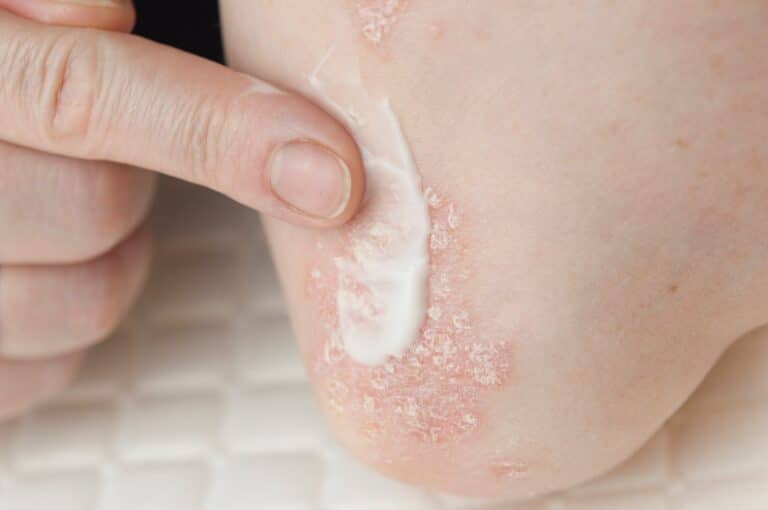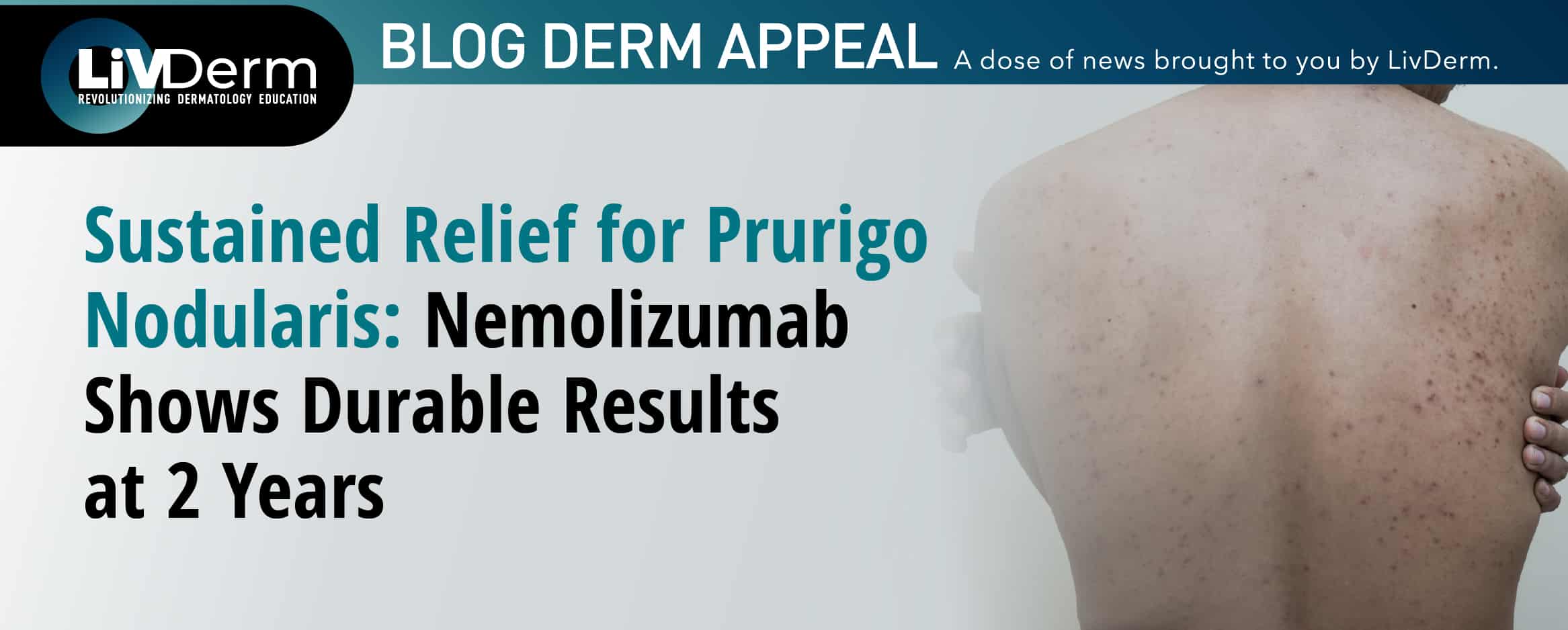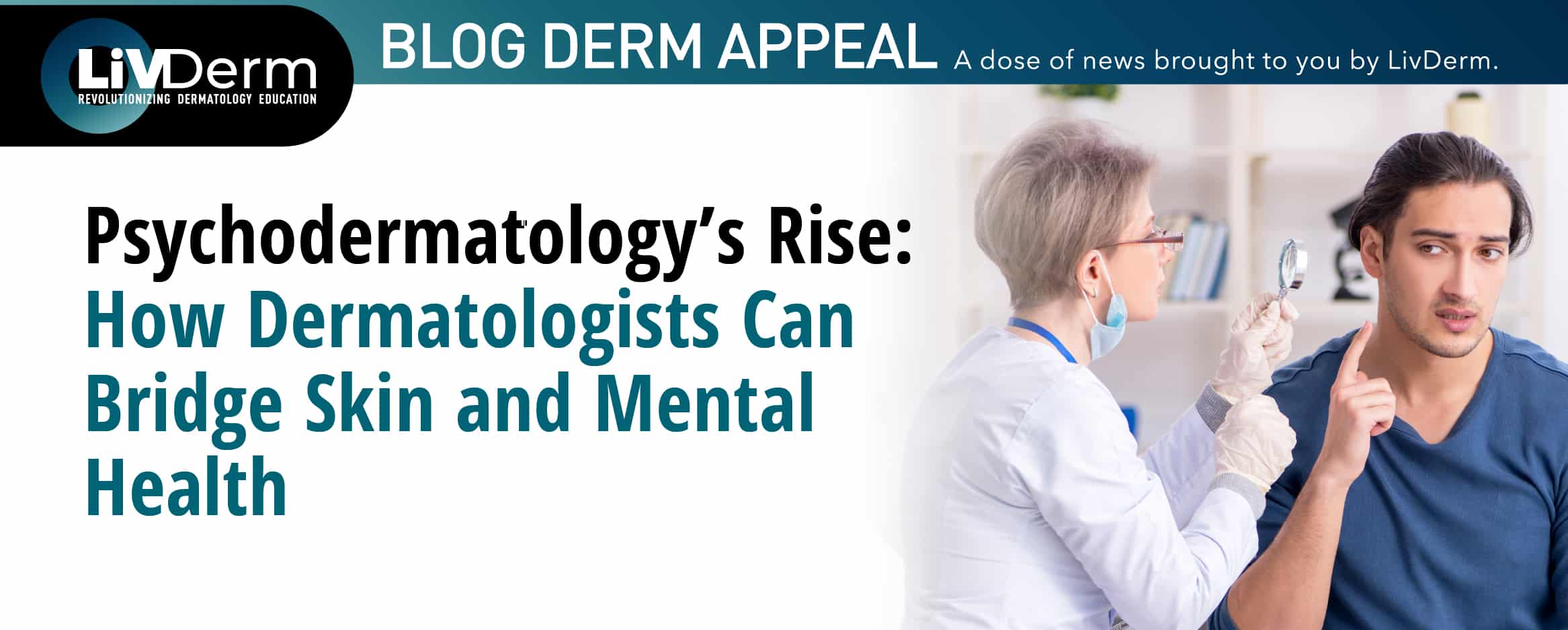
Topical therapies are a common method of treatment for psoriasis. However, as recent research has revealed, a patient’s adherence to topical therapy is very much dependent on a variety of aspects, including the medication’s attributes and formulation.
In March 2022, the National Psoriasis Foundation conducted a survey that assessed a number of aspects surrounding psoriasis. The survey, which included 411 participants, posed questions relating to psoriasis severity, bothersome signs and symptoms, current treatment modalities, frequency of topical therapy use, and vehicle preferences.
A team of researchers from the center for dermatology research in the Department of Dermatology at Wake Forest School of Medicine in Winston-Salem, North Carolina, recently analyzed the results of the March 2022 survey. They did so in order to better understand patient perspectives as it relates to their experience, expectations, and preferences of treatment options.
Most of the participants (83.9%) involved in the survey self-reported moderate psoriasis. When asked to report their most bothersome psoriasis symptoms, 78.8% reported the scaly appearance, 60% bleeding or oozing, 55% the itch, and 37.4% flaking.
The majority of the participants (76%) reported using topical therapy at least once a week and almost 80% stated they would allow up to two weeks for a medication to become effective before thinking about stopping it.
The analysis found that the formulation of a topical medication plays an important role in whether or not participants would discontinue treatment. A total of 74.7% of participants indicated that they would only continue to use the medication despite its unfavorable formulation for up to a week before considering discontinuation.
Looking at the formulation type, 75.7% of participants preferred water-based creams, 70.8% oil-based foam, 48.7% gel, 42.8% solution, 21.2% lotion, 17.5% non-oil-based foam, 16.5% ointment, and 6.3% spray. Attributes rated most important by participants were: application feel (55.2%), non-staining (49.9%), quick absorption (46.7%), non-sticky texture (39.7%), ease of application (28.5%), no unpleasant smell (22.4%), non-greasy (16.8%), works quickly (14.1%), no sting or burn (10%), no adverse skin reaction (9.7%), and once daily treatment (6.8%).
As it concerns topical therapies, therefore, the study concluded that patients with psoriasis expect to see rapid improvement with prescribed topical treatments. Otherwise, they are highly likely to discontinue treatment.
















